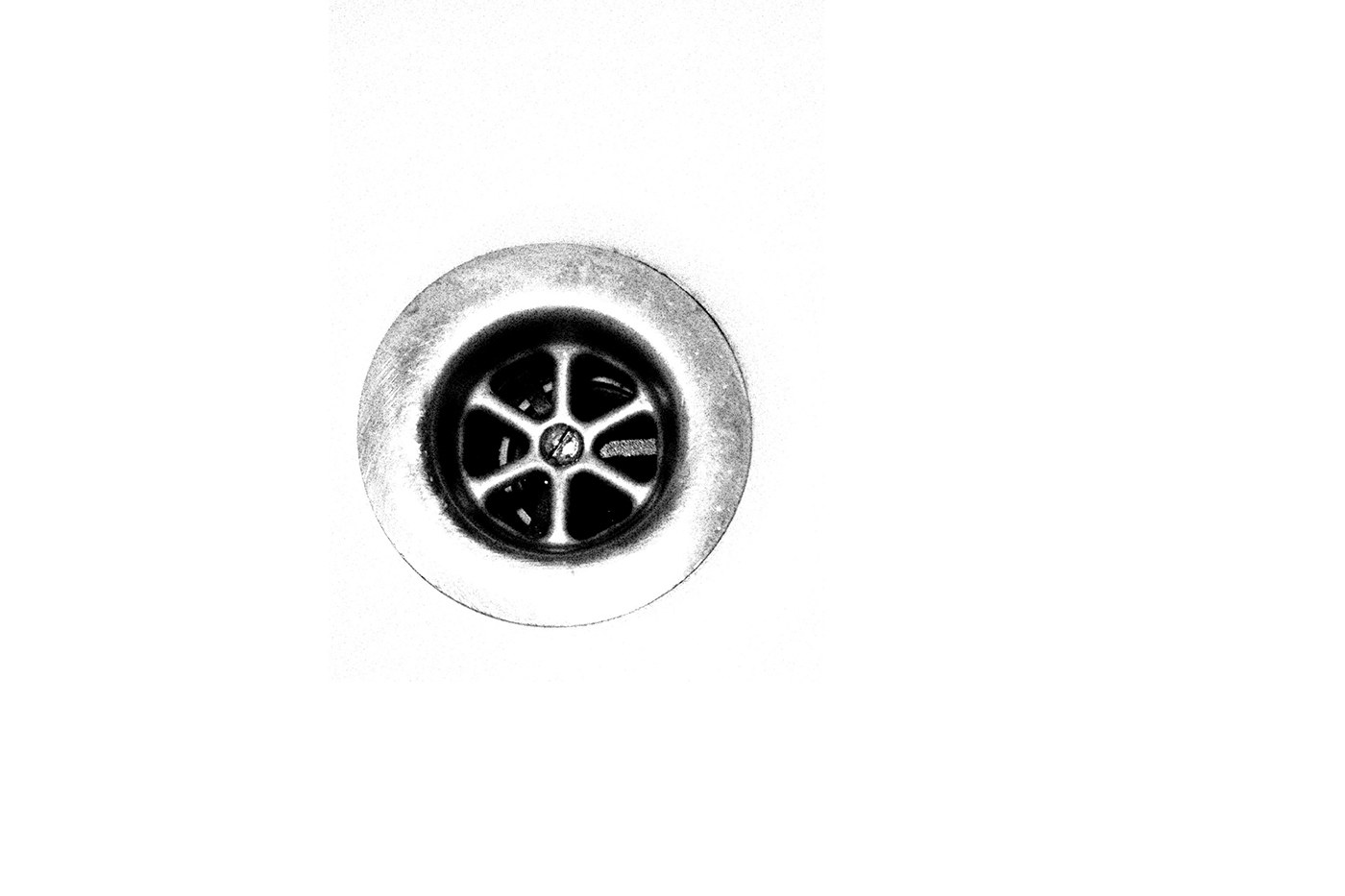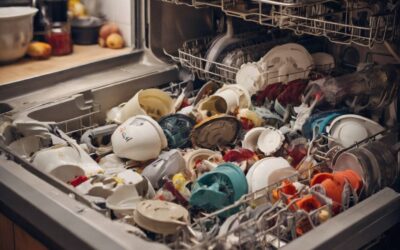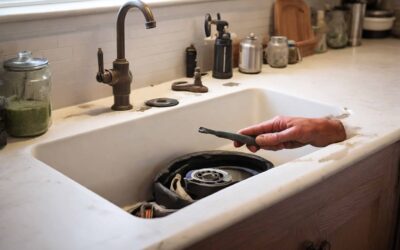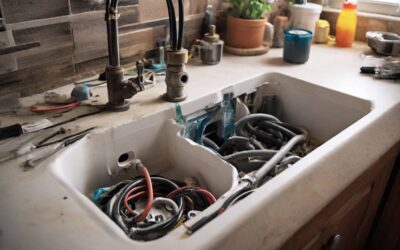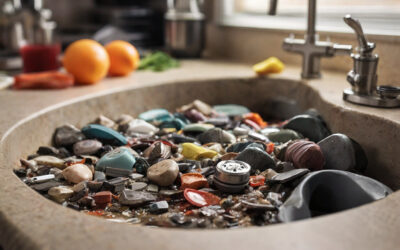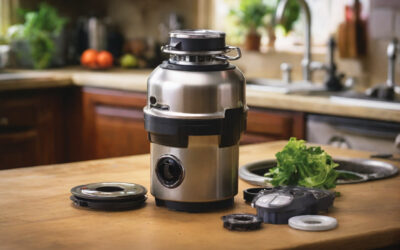Corrosion of the bathtub drain can be a frustrating problem. This can lead to decreasing functionality and potential water leaks. The constant interaction with water, mineral deposits, chemicals, and improper maintenance. All these features contribute to the corrosion process.
The usual cause for Bathtub Drain Corroding is leaking or overflowing. When the gasket-seeping water fails to drain the water. The overflow causes rust and corrosion around the casket.
We will explore the reasons Why is My Bathtub Drain Corroding. Also, provides insights on how to prevent and address this issue effectively.
Why is my bathtub drain corroding
Bathtub drain corrosion can be a frustrating and inconvenient issue to deal with. Several causes can contribute to this problem, including age and wear, hard water deposits, chemical cleaners, and improper drain maintenance.

Over time, bathtubs may start corroding due to their age and continuous use. This can result in the accumulation of rust and other minerals in the drain, leading to blockages and reduced functionality.
Hard water
Hard water deposits are another common culprit behind bathtub rusting. When water with high mineral content flows through the drain, it can leave behind deposits that gradually build up and corrode the drain materials.
Chemical cleaners
Chemical cleaners, while effective in unclogging drains, can also contribute to corrosion. These harsh chemicals can erode the protective coating on the drain. Making it more susceptible to rust and damage.
Improper maintenance
Lastly, improper drain maintenance can increase bathtub rust problems. Neglecting maintenance can allow dirt, hair, and other debris to accumulate in the drain. Leading to blockages and increasing chances of corrosion.
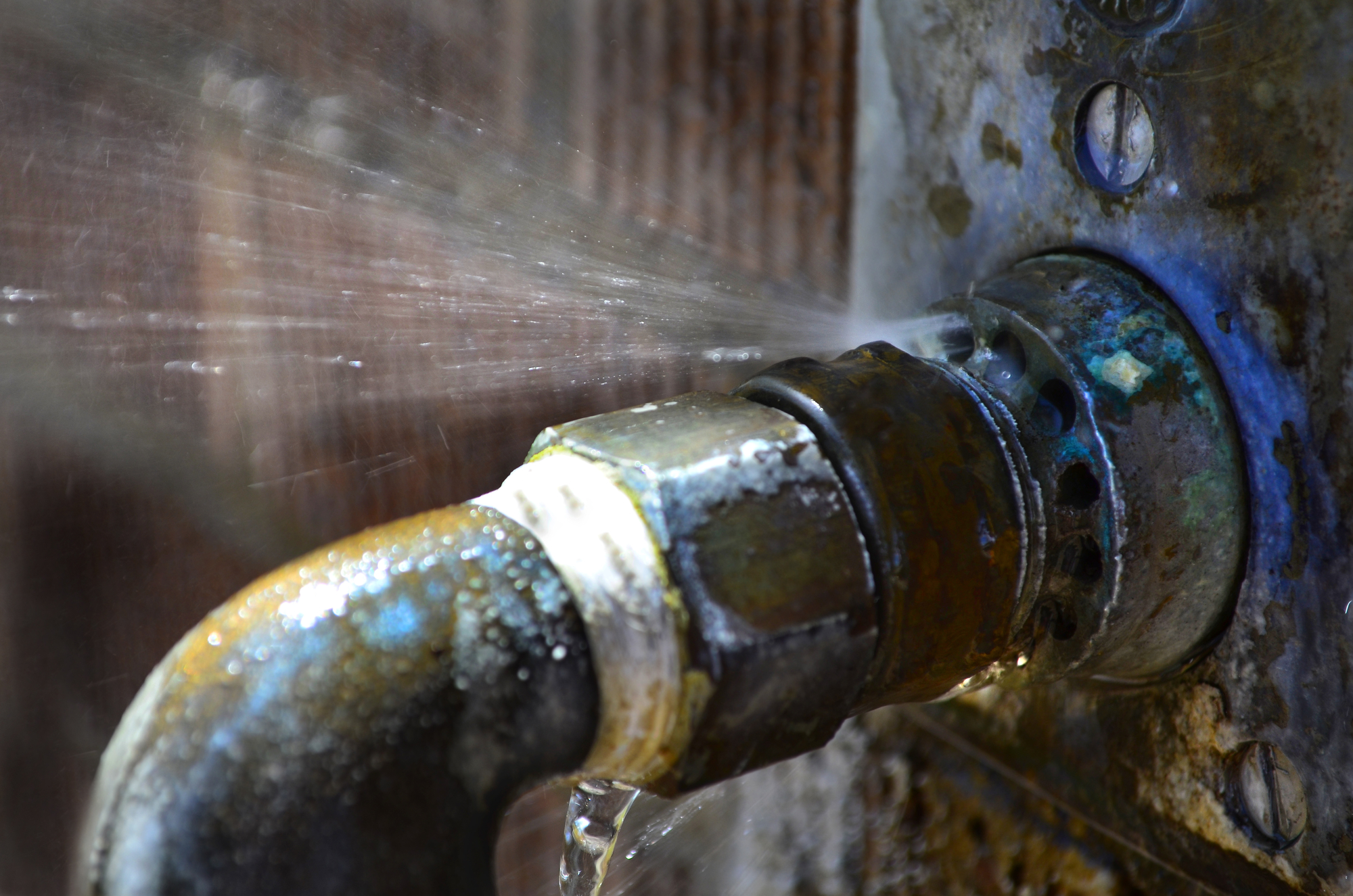
Causes of bathtub drain corrosion:
- Age and Wear: Bathtub rusting due to continuous use and aging.
- Hard Water Deposits: Rust accumulation can be the main cause of minerals from hard water.
- Chemical Cleaners: Corrosion resulting from the use of harsh chemicals in drain cleaners.
- Improper Drain Maintenance: Inadequate cleaning and maintenance can lead to blockages and an increase in corrosion.
Consequences of bathtub drain corrosion
In a bathroom, the bathtub drain is an essential component that can be prone to corrosion over time. Corrosion in the drain can have several consequences that affect both the performance of the drainage system and the overall condition of the bathroom.
Reduced performance
One of the major issues resulting from bathtub drain corrosion is reduced drainage performance. Corrosion can cause the drain to block the pipe overtime Making slower and less efficient drainage. This can be frustrating and inconvenient for anyone using the bathtub.
Leaks and water damage
Drain corrosion also causes the potential for leaks and water damage. Corroded drains may develop cracks or holes, allowing water to seep through and cause damage to surrounding areas.
Health hazards
Corrosion can cause potential health hazards. The corrosion process can lead to the formation of rust. Which may contaminate the water flowing through the drain? Ingesting or coming into contact with this contaminating water can pose health risks. Therefore, it is crucial to address and fix bathtub drain corrosion. Identify issues promptly to avoid these negative consequences.
Preventing bathtub drain corrosion
Maintaining a clean and properly functioning bathtub drain is essential to prevent corrosion. Regular cleaning and maintenance play a crucial role in keeping your drain in good condition. To keep your drain clean, use non-abrasive cleaners that are gentle on the surface.
Harsh chemicals, such as bleach or drain cleaners containing sulfuric acid, should be avoided as they can contribute to corrosion. Instead, opt for mild cleaners or natural alternatives like baking soda and vinegar.
Additionally, installing drain protectors can help prevent debris and hair from entering the drain and causing blockages. These protectors are easy to install and can be found at most home improvement stores. By following these simple steps, you can extend the lifespan of your bathtub drain and avoid the hassle of dealing with corrosion issues.
Repairing & prolonging bathtub drain corrosion
Bathtub drain corrosion can be a frustrating issue to deal with. Corroded parts can lead to plumbing problems and even the potential for water damage in your home. To address this issue, it’s important to know the steps to repairing and prolonging the life of your bathtub drain.
Regular cleaning
One of the first steps in removing corrosion buildup is to clean the drain thoroughly. You can do this by using a mixture of baking soda and vinegar or a mild cleaning agent specifically designed for drains. Regularly cleaning the drain will help prevent further corrosion.
Replace the pipes
If your bathtub drain is severely corroded, you may need to consider replacing some of the corroded parts. This could include the drain flange, the plumbers’ putty, or even the entire drain assembly. Be sure to consult a professional plumber if you are unsure how to proceed.
Harsh chemicals
Another important step in preventing bathtub drain corrosion is to avoid using harsh chemicals. These chemicals can damage the drain and accelerate the corrosion process. Stick to more natural cleaning methods whenever possible.
Call for backup
If you’re not comfortable tackling the repair yourself, it’s always best to call a professional. They have the experience and knowledge to properly diagnose and fix any issues with your corroded bathtub drain.
Frequently Asked Questions For Why Is My Bathtub Drain Corroding
How Do You Remove Corrosion From Bathtub Drain?
To remove corrosion from a bathtub drain, mix equal parts of vinegar and baking soda. Pour the mixture down the drain and let it fizz for about 10 minutes. Then, scrub the drain with a brush and rinse it with hot water.
Why Is My Shower Drain Rusting?
Shower drains rust due to the constant exposure to water and moisture, which causes corrosion on metal surfaces. The rust can also be a result of low-quality materials used in the drain. Regular cleaning and proper maintenance can help prevent rusting.
How Do You Fix Rust Around A Bathtub Drain?
To fix rust around a bathtub drain, start by removing any loose rust with a wire brush or sandpaper. Then, apply a rust converter or naval jelly to the affected area and allow it to sit for the recommended time. Finally, prime and paint the area to prevent future rusting.
How Do You Clean A Tarnished Tub Drain?
To clean a tarnished tub drain, start by removing any visible debris or hair. Next, mix equal parts baking soda and vinegar and pour it down the drain. Let it sit for 30 minutes, then flush with hot water. Repeat if necessary.
Conclusion
To sum up, a corroding bathtub drain can be a frustrating and concerning issue for homeowners. By understanding the causes, such as chemical cleaners, hard water, or aging pipes, you can take proactive steps to prevent corrosion. Regular maintenance, avoiding abrasive products, and using drain protectors can greatly prolong the lifespan of your bathtub drain and save you from costly repairs.
Don’t wait until it’s too late; address the issue now and enjoy a long-lasting, trouble-free bathing experience.

